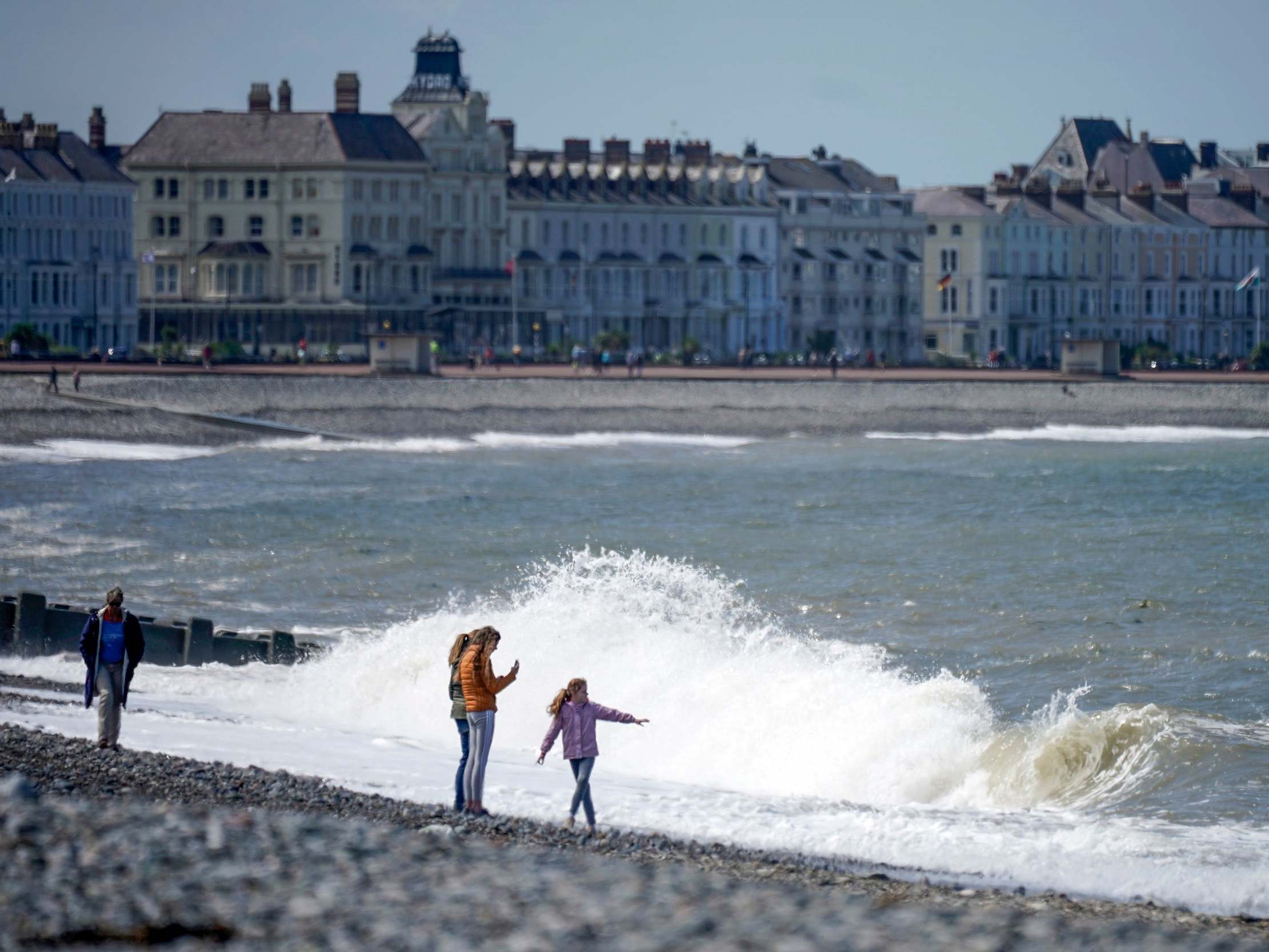Britain’s inbound tourism faces winter after winter
Analysis: Just at the time when Britain’s tourism enterprises could have been drumming up business, writes Simon Calder, the message went out: ‘Stay away from the UK’


Much energy has been expended, including by the travel desk of The Independent, exploring the prospects for summer trips abroad for British holidaymakers. They were beginning to blossom in early May, only for the government to announce its blanket quarantine policy, four weeks ahead of its introduction on 8 June.
The timing – two months after the coronavirus crisis had peaked, and (according to many) four months too late to do any good – was widely deplored for depriving UK travellers of their freedom to explore.
But the insistence that anyone entering Britain (even from countries with negligible infections) to self-isolate for 14 days did much more damage. The measure, widely believed to be a political stunt to deflect attention from the care-home scandal, stopped inbound tourism dead in its tracks.
No one would contemplate a leisure trip to a country that assumes any inbound visitors are infected and must sit in a room for 14 days. So just at the time when Britain’s tourism enterprises could have been drumming up business from European visitors keen to escape after lockdown, the message went out: “Stay away from the UK.”
To twist the knife further, the Department for Transport is doing all it can to prevent the 12 million British people without access to a car from travelling for leisure and filling some of the void left by absent friends from the US, Asia and beyond.
Anyone in the heart of England contemplating taking West Midlands Railway service to Stratford-upon-Avon, is told: “Necessary journeys only.
“You should only use the train if your journey is necessary – for example to get to your job if you cannot work from home – and if you have no other means of transport.”
The government is, of course, free to stifle the travel aspirations of its citizens and to thwart attempts to attract incoming visitors, in an attempt to control the spread of coronavirus.
But the consequences of these decisions will live with us for years. Fewer tourism enterprises means fewer jobs, and, crucially, fewer reasons for overseas visitors to come to Britain.
Just as the nation had built up a strong gravitational pull, coronavirus – and the government’s reaction to it – is weakening the UK’s attraction.
Even before anyone had heard of Covid-19, Brexit had dampened the appeal of Britain to European visitors. As the transition period ends, UK tourism has no prospect of “sunlit uplands” – just winter after winter after winter.
Join our commenting forum
Join thought-provoking conversations, follow other Independent readers and see their replies
Comments
Bookmark popover
Removed from bookmarks